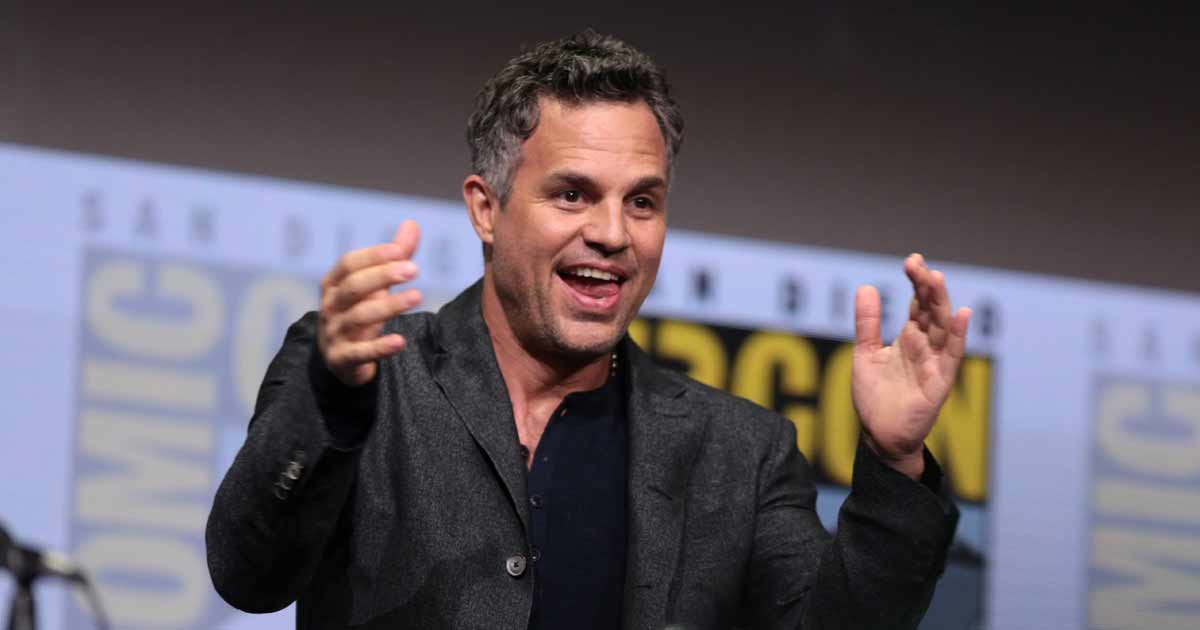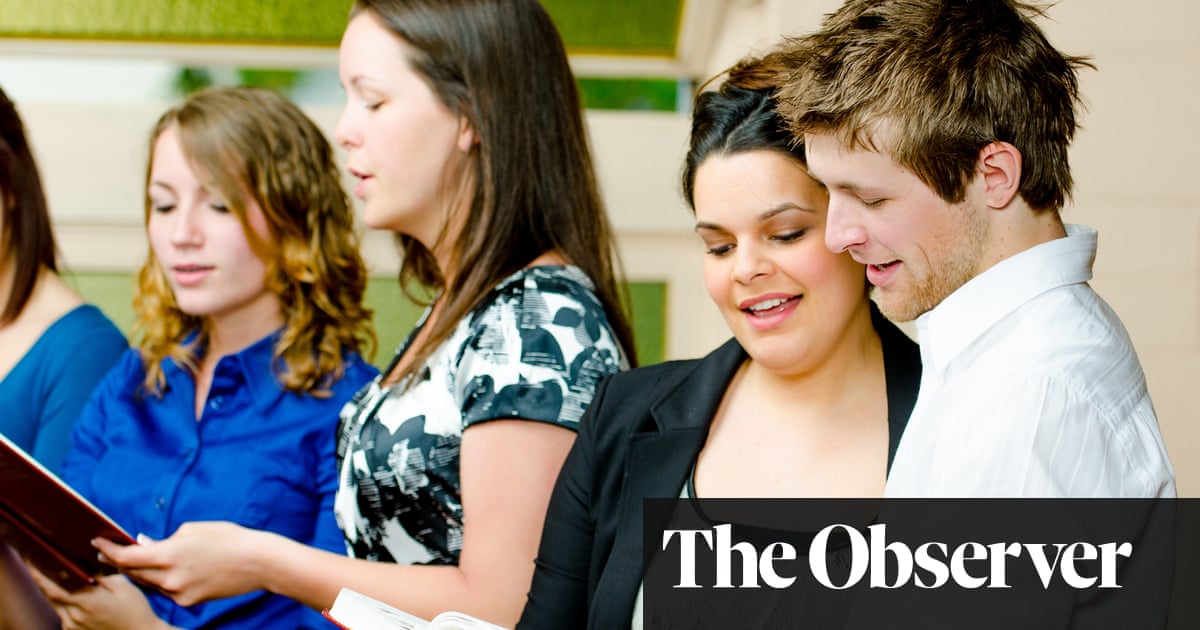On Wednesday, December 9, 1970, my waters broke. It was nighttime. I had no idea what was happening as no one had told me what to prepare for. Despite it being a Mothers and Babies Home, there was never any discussion about what birth would be like or how I would be feeling, no counselling, nothing. I wanted my mother by my side. I woke the girl in the next room and told her what was happening. She woke others.
Loading
The other girls knew I would not be going to hospital unless I was close to giving birth. One of the girls told me to tell the nuns I was in terrible pain; otherwise, the nuns would not call for an ambulance. When the senior nun came into my room, I told her I was in agony, and I doubled over convincingly, moaning and groaning. The nun called an ambulance, and I was taken to the Mater Hospital at Crows Nest. As I climbed the steps up to the hospital entrance, I suddenly felt extremely nauseous and vomited everywhere.
The nun I was with gave me a hard look. “I’m going to have to clean that up!” she snapped.
I apologised for vomiting. One of the nurses took me away for an examination and informed me that I was in the second stage of labour. I didn’t even know what that meant, and I was not experiencing all that much pain.
The nurses told me there might be up to another two hours before I gave birth. They made me lie down on a trolley while hospital life went on around me. I could hear doctors and nurses going about their business, talking and giving orders and sometimes laughing. Buzzers went off, phones rang, and heavily pregnant patients shuffled down the hall or were wheeled in chairs. I was utterly exhausted and went to sleep on the trolley.
I’m not sure how long I slept, but I woke up when I felt a weird sensation. It was like part of my body had come away from me. Frightened, I didn’t look under the sheet but pressed the buzzer for the staff and told them what I was experiencing. They told me to stop complaining and repeated that there was some time to go yet before the birth.
“Like many first-time mothers, I couldn’t believe that a beautiful tiny boy had come out of my body. I was truly amazed.”
LYNDA HOLDEN
I knew something had happened. Insisting they stay and have a look, they found I had given birth to a baby boy. They took off the sheet, cleaned everything up, and I was given a bed in a ward. Like many first-time mothers, I couldn’t believe that a beautiful tiny boy had come out of my body. I was truly amazed. My baby was born on Thursday December 10, 1970.
My baby boy’s appearance was described in the hospital notes: “Fair complexion, Blue-grey eyes, Light-brown hair sparse, Chubby face, Dimple (L) Cheek, Small pressure mark (L) eyelid, Lovely big chubby baby.” He was so beautiful, I couldn’t stop looking at him. I decided to call him Eugene Daniel Yarnold. Not long after I had delivered, the staff came to take my baby away to the nursery.
“I want to keep him here with me,” I told them. The midwife looked at me and said, “You can’t.”
“I want to hold him,” I said. “Don’t put him in the nursery just yet. Please.”
I didn’t understand why he had to be whisked away so soon. The nurse seemed reluctant to let me hold him, but eventually, she agreed.
“All right,” she said. “But you’re not allowed to breastfeed him.”
I would have agreed to anything just to keep him with me. While holding my son in those first few hours, I felt like I’d just performed a miracle. I couldn’t stop looking at him; he was so perfect, and I was overcome with love for him. It was the most amazing thing I had done in my life. Everything else faded into insignificance.
Loading
The girls who had already signed up for adoption had a sheet put between their heads and the rest of their bodies so they wouldn’t be able to see their babies being born. Their babies were whisked away as soon as they arrived. I got to see my baby and hold him.
Just hours after giving birth, it started. A social worker came into my room and shoved papers in my face, telling me my baby would be better off being adopted. I didn’t sign anything or engage with her on the topic. She left without my signature, but she would come back again many times. “It doesn’t matter,” she said every time I refused to sign. “We’ll get him next time. It really doesn’t matter if it’s now or later ’cause we’ll get him eventually.”
“You can’t have him,” I told her.
“He’d have a good life with a two-parent white family. He’s very light-skinned. Think about it.”
The pressure never let up. The social worker was particularly determined.
“There’s a couple waiting for your baby. They’re very good parents. He’ll have an excellent chance with them.”
I told her no.
“What sort of life can you give him? He won’t stand a chance with you. Come on, give this baby a future with a lovely married couple.”
I told her I wanted my baby with me. She left me alone, but not for long.







